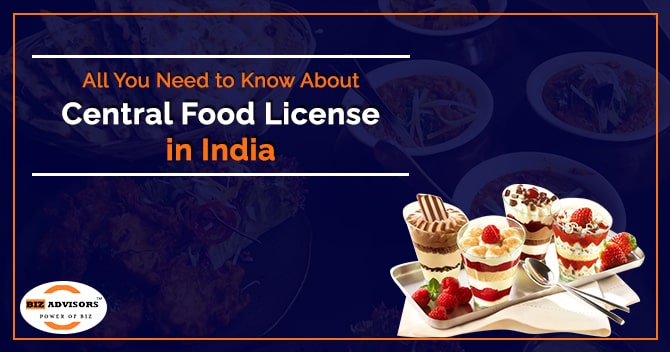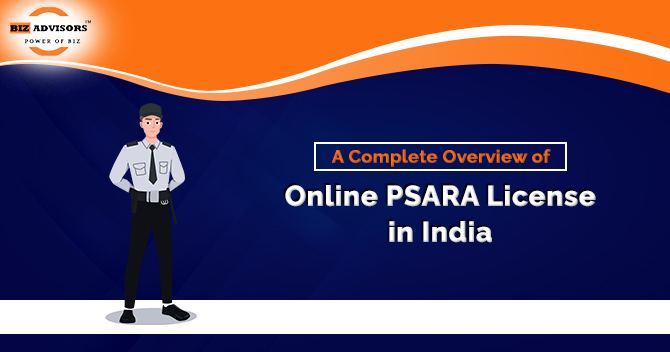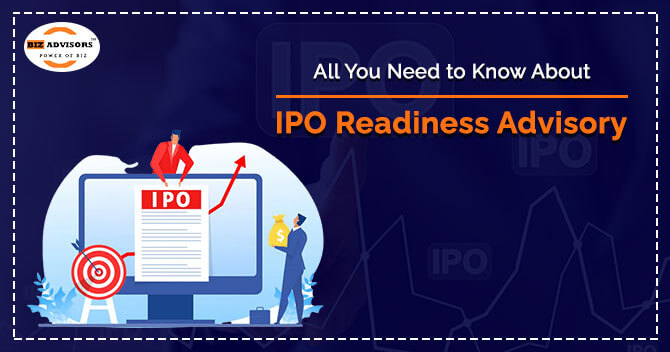FSSAI is a key government body that promotes public health by enforcing necessary food safety regulations. Its ultimate goal is to provide a variety of recommendations and standards to encourage food safety awareness in India through various licenses, one of them is Central Food License. This agency also keeps a close eye on all parties engaged in the food supply chain, manufacturing, and distribution. FSSAI takes consumer awareness very seriously. That is why it often launches new campaigns to educate the public about poor and low-quality goods. By the Food Safety and Standard Act of 2006, the FSSAI License develops food safety standards and other guidelines. In this article, our focus is to cover one of the type of FSSAI License i.e. Central Food License.
Fundamental Duties and Functions performed by FSSAI
- Developing food safety and hygiene guidelines and standards
- Launching countrywide campaigns to raise public awareness about food safety
- Providing food company owners with a necessary food license and registration
- assisting the Government of India in formulating new policies
- Developing instructions and recommendations for food-related businesses in light of the FSS Act of 2006.
- Taking legal action against food enterprises that are suspected of engaging in illegal practices such as food adulteration
Who Needs an FSSAI Central License and What does it entail?
FSSAI Central Licence is legal permission provided by FSSAI to food establishments that have;
- Annual sales exceeding Rs 20 crores
- Numerous units operating in several states
- Monthly or annual production above the stipulated threshold level
Apart from these essential requirements, the FSSAI Central License additionally includes:
- Dairy plants that produce 50000 liters of milk solid each year, or 2500 megatons
- Vegetable oil processing facilities with a daily output capacity of 2 MT
- Slaughterhouse has the following daily capacity:
- 1. 50 big animals 2. 150 miniature animals 3. a flock of 1000 chickens
- Meat processing plant with a daily capacity of 50 kg (150 megatons)
- A food processing plant with a daily output of 2 megatons
- Food companies that export food products
- A refrigerator or cold storage facility with a storage capacity of 1000 megatons or more is available.
- Food wholesalers have annual revenue of more than Rs 30 crore.
- Food retailers and distributors with an annual turnover of more than Rs 20 crores
- A catering service or food marketing firm with an annual turnover of more than Rs 20 crores
- Restaurants and dining establishments with annual revenue of INR 20 crore
- Catering services for government entities are available.
- Food catering services are available in government-run enterprises such as seaports and airports.
Benefits of FSSAI Central License
Following are benefits of the Central Food License-
- Over time, it improves business credibility.
- Allows companies to develop a big consumer base.
- Allows for a competitive edge by rendering unregistered businesses inoperable.
- Opportunities for business expansion and growth are created.
Documents Required to Secure Central FSSAI license
The following is a list of essential documents that must be presented with an application for a Central Food License-
- Form B (duly filled and signed by the applicant)
- Floor layout of a manufacturing or processing complex, including correct dimensions of essential locations
- If the applicant is seeking business registration, a comprehensive list of senior management personnel, including names and evidence of residency.
- A copy of the MOA, AOA, and COI is required ( if the license seeker is a Private limited company, One Person Company, and Public limited company)
- A comprehensive list of partners, including their names, contact information, and address, as well as a copy of the partnership agreement (In case the license seeker is a partnership firm)
- A co-operative society’s list of serving members (In case the license seeker is a co-operative society)
- a copy of the trust deed as well as the trustees’ list ( if case the license seeker is a registered trust)
- Food Safety Management Plan (FSMS) or similar process in place Utility records (electricity bill, rent agreement, register) of the company location for address evidence
- List of active raw material suppliers Name and list of pieces of machinery at the plant
- The competent municipal authorities have issued a certificate of no objection
- The Ministry of Tourism has issued a tourism certificate (if the license seeker is a hotel owner)
- The DGFT (Directorate General of Foreign Trade) has issued an IEC certificate (if the license seeker intended to ship food articles abroad)
Step-by-Step Process for Securing Central Food License
Following are the steps given below to gwt the Central Food License in India-
Step 1: Application that is Form B submission
The license seeker must first submit Form B to the licensing authorities. The candidate must keep fundamental turnover requirements in mind while doing so.
Step 2: FSSAI inspectors examine the applicant.
The application, along with the relevant papers, will be forwarded to the appropriate personnel for review.
Step 3: A FSSAI official inspects the company location on-site.
The FSSAI will send designated officials to the firm to determine the level of compliance that the FSSAI[1] recommends.
Any deviation in this respect might result in the application being canceled.
Step 4: Application approval and approval of the application
After the licensing organization approves the application, the certificate will be given to the license applicant within a few days. After receiving certification, the business owner may go full speed with their operations.
Central Food Licence validity and renewal
The Central FSSAI license has a validity period of one to five years. The cost of the license would rise as the validity time lengthened. In terms of renewal, the Central Food License must be renewed within 30 days after the expiration date, otherwise, fines will be imposed. Renewal of a food license is as straightforward as applying for a new one.
Conclusion
Food business operators must get a Central Food License if their annual sales exceed Rs. 20 crore and their business is in more than one state. There are also different criteria depending on the size of the food business or the number of items it produces. As a result, you should double-check your eligibility for this license on the official FSSAI website. In case you need any help, feel free to contact Bizadvisors.
Read our article:All You Need to Know About State Food License in India
 9559179325
9559179325 9559179325
9559179325





